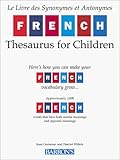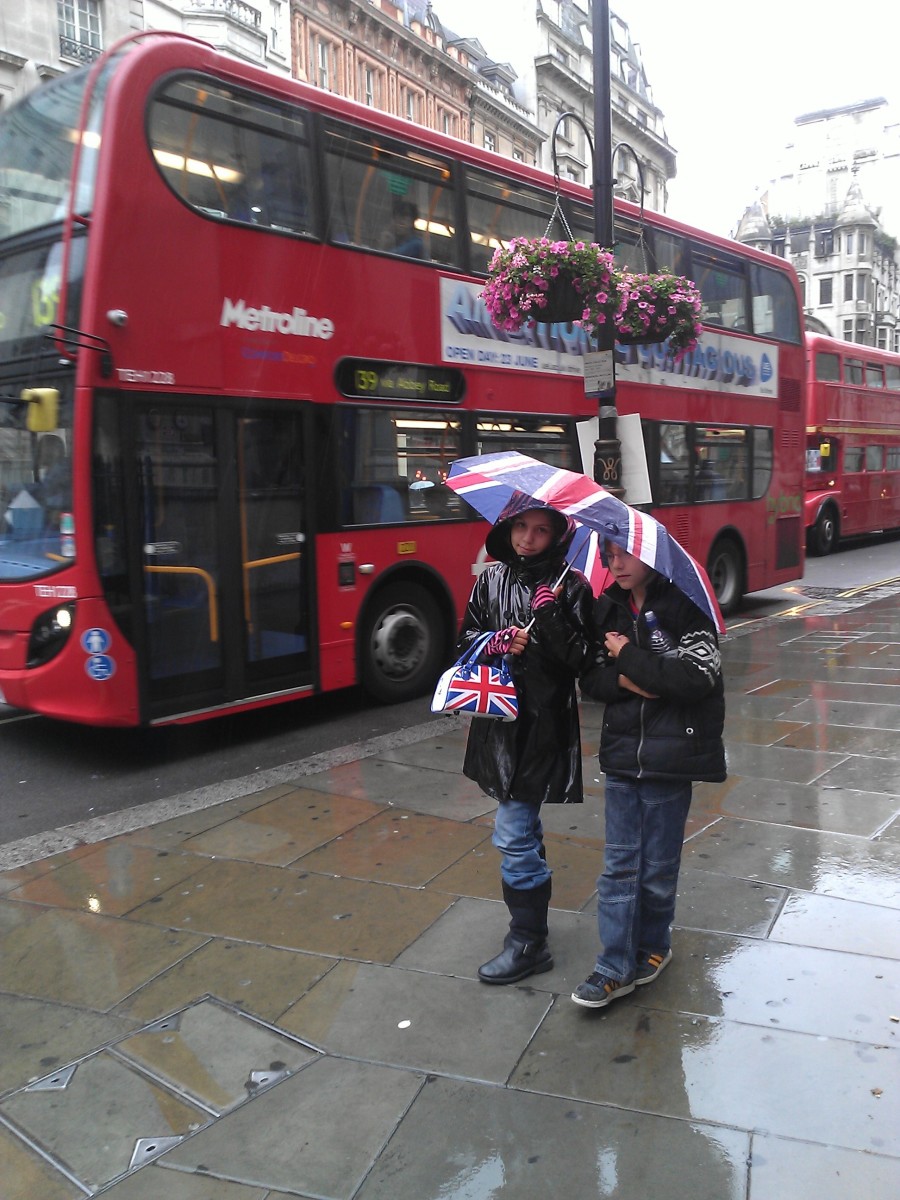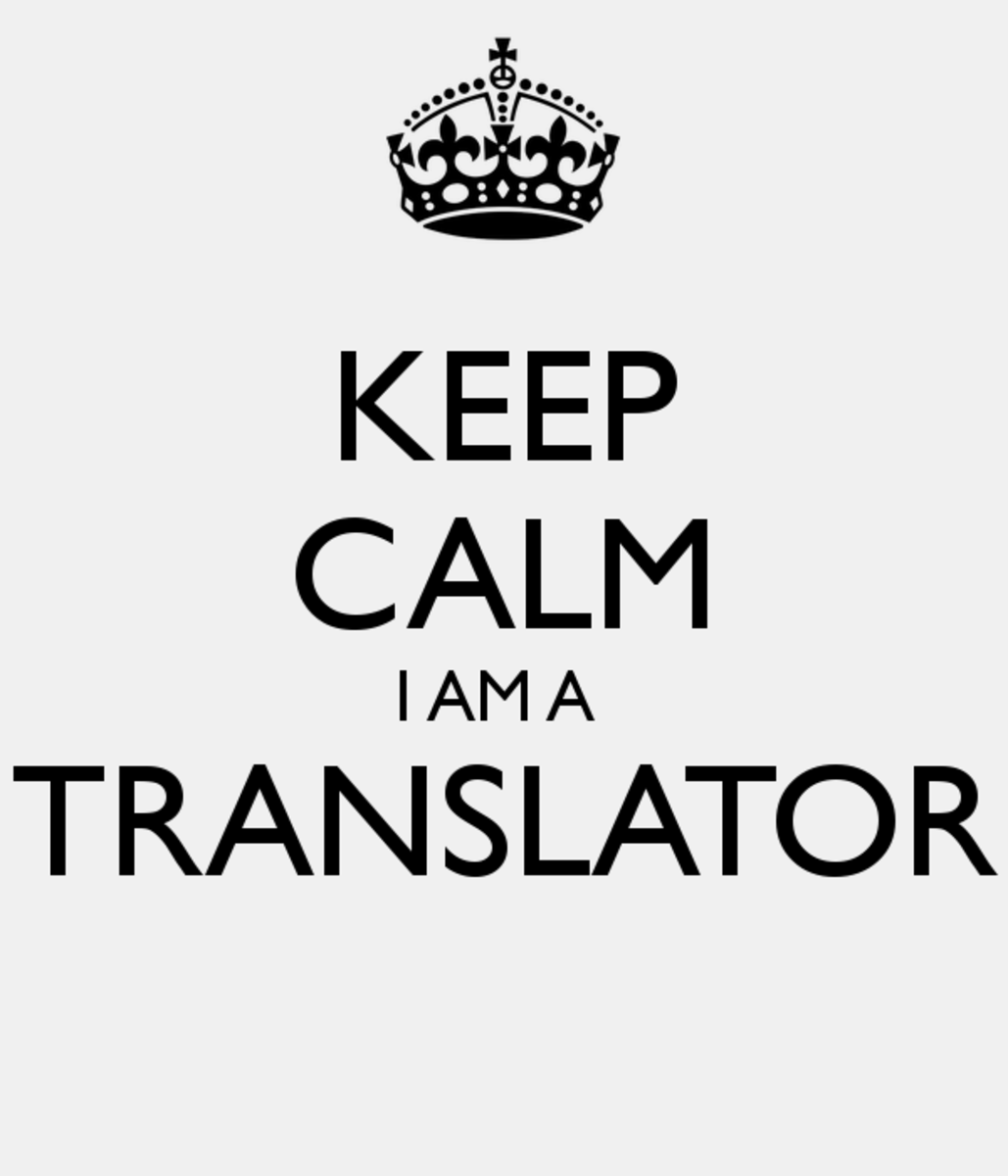Traduction Anglais-Francais

Traduction Anglais - Francais
Traduction anglais francais: Pour des traductions rapides, qualite assuree, prix competitifs. Traducteur anglais - francais pour traduire tous vos documents et sites web. Ici c'est facilde de soumettre une traduction de l'anglais vers le français.
Translations from English to French. For Quick translations in good quality and at competitive prices. Native French speaking translator will translate your documents and web pages. Submit your translation needs here.
Getting a good translator
On the web there are many translators who offer their services.
Now there are people who speak a second, third, maybe even fourth language just as well as their mother tongue. Bos most people don't.
So when you have a critical translation and you want to be sure that it's translated perfectly, make sure you get a native speaker of the language into which you want the document translated. Naturally he / she must also master the language from which the translation is made.
Beware of False Friends: English to French Translation Fails
When learning French, English speakers often fall into the trap of 'false friends' – words that look similar in both languages but have different meanings. These linguistic pitfalls can lead to amusing, confusing, or even embarrassing situations. Here's a look at some classic English to French translation fails that remind us language learning is always an adventure!
1. Actual vs Actuel
In English, 'actual' means real or existing. However, if you say "actuel" in French, it translates to 'current' or 'present'. So, if you're talking about something 'actual', don't use 'actuel' in French unless you mean it's happening right now.
Dictionary English French - Anglais Francais

2. Library vs Librairie
A common and often comical mistake is mixing up 'library' and 'librairie'. In French, a 'librairie' is not a library, but a bookstore. So, if you're looking for a quiet place to read, don't wander into a 'librairie' expecting rows of free-to-borrow books!
3. Preservative vs Préservatif
This one can lead to some truly embarrassing moments. In English, a 'preservative' is a substance used to preserve food. However, in French, "préservatif" means condom. Definitely a mix-up you want to avoid in a conversation about food!
Thesaurus French - Thesaurus francais

4. Excited vs Excité
Saying you're 'excited' about something in English is quite innocent. However, in French, "excité" can often mean sexually excited, which might not be the message you're trying to convey when you talk about your upcoming vacation or a new movie.
5. Journey vs Journée
In English, a 'journey' refers to a long trip. In French, "journée" means a day or the duration of a day. So, telling your French friends about your 'long journey' might leave them thinking you're talking about a long day instead.

6. Sensible vs Sensible
In English, 'sensible' means reasonable or practical. But in French, "sensible" translates to sensitive. If you describe someone as 'sensible' in French, you're commenting on their emotional, not rational, qualities.
7. Location vs Location
While 'location' in English refers to a place or position, in French, "location" means rental. So, if you're discussing the 'location' of your new apartment in French, you might accidentally imply you're renting it out, not just talking about where it is.
Languages can be funny!
These are just a few examples of how language learning can be full of surprises. The key is to embrace these moments with humor and see them as an opportunity to improve. Remember, every mistake is a step closer to fluency. Bonne chance (good luck) on your language learning journey!

Other critical and difficult obstacles:
Translating from English to French, or indeed between any two languages, involves much more than just a direct exchange of words. Proverbs, jokes, idioms, and cultural references often pose significant challenges. These elements are deeply rooted in the culture and history of a language, making them particularly difficult to translate. Let's delve into why these aspects are so tricky:
Proverbs
Proverbs are short, commonly used expressions that typically offer advice or wisdom. They are deeply cultural and often don't have direct equivalents in other languages. For example, the English proverb "The early bird catches the worm" has a somewhat similar French equivalent "L'avenir appartient à ceux qui se lèvent tôt" (The future belongs to those who get up early), but the imagery and wording are different. The challenge in translating proverbs lies in finding an expression that maintains the original sentiment and cultural significance.
Jokes
Humor often relies on wordplay, cultural references, or linguistic quirks specific to a language. Puns, for instance, are notoriously difficult to translate because they play on words that sound similar or have multiple meanings in one language, which may not be the case in another. Jokes that are hilarious in English might fall flat or become nonsensical when translated directly into French. Translators must sometimes find completely different jokes to convey a similar sense of humor.
Idioms
Idioms are expressions whose meanings cannot be inferred from the meanings of the words that make them up. For instance, "It's raining cats and dogs" in English, which means it's raining heavily, has no logical equivalent in French. A translator might use "Il pleut des cordes" (It's raining ropes) in French, which conveys a similar sense of heavy rain but loses the original imagery.
Cultural References
References to popular culture, historical events, or specific societal practices can be perplexing to translate. These references might be well-understood in one cultural context but completely unknown in another. For instance, a reference to a British TV show might make sense in English but would require explanation or substitution in French.
Slang and Colloquialisms
Slang terms and colloquial language are often specific to a particular language and region. They evolve quickly and can be unfamiliar even to speakers of the same language from different areas. Translating these elements requires not just a deep understanding of both languages, but also of the cultures and current trends in both linguistic communities.
Keeping close to the original, but not word for word!
In translation, particularly between English and French, the key is to convey the meaning and tone of the original text while keeping it relevant and understandable in the target language. This often requires creativity, cultural knowledge, and sometimes a departure from a literal translation. It's a complex but rewarding process that goes beyond words, delving into the very essence of language and culture.
This article is accurate and true to the best of the author’s knowledge. Content is for informational or entertainment purposes only and does not substitute for personal counsel or professional advice in business, financial, legal, or technical matters.








